A new survey of 1,479 UK-based investors has revealed how they have responded to the financial disruption caused by the pandemic, as well as their outlook for the year ahead.
The survey found:
- 33% of UK investors have seen the value of their portfolios decrease since March 2020
- 29% “significantly altered” their investment strategies in response to Covid-19
- Even more (47%) changed their investment plans due to the UK’s record low interest rates
- The tide might be turning – 44% of investors are optimistic their portfolios will perform well over the coming 12 months, compared with 20% who are pessimistic
One in three UK investors has seen the value of their portfolio fall during the pandemic, but optimism is returning, new research by Butterfield’s UK operations has found.
The mortgage lender commissioned an independent survey of 1,479 UK-based investors, all of whom have investments worth in excess of £20,000, excluding their property, savings, and pensions.
It found that 33% of investors saw the value of their portfolios decrease between March 2020 and September 2021.
Three in ten (29%) said they had “significantly altered” their investment strategies in response to Covid-19 – this figure rises to 56% among investors with portfolios worth more than £1 million.
Meanwhile, 47% changed their investment plans due to the UK’s record low interest rates.
The research showed that 37% of UK investors paused on making major investment decisions over the past 18 months due to the economic uncertainty caused by the pandemic.
The same number (37%) said they were more risk-averse in their investment strategies in this period.
The survey suggests a healthy degree of optimism remains.
While 41% cited the economic fallout from the Covid-19 pandemic as their main investment concern, 44% are optimistic their portfolios will perform well over the coming 12 months.
This compares to just 20% who are not confident their portfolios will increase in value.
Alpa Bhakta, CEO of Butterfield’s UK-based mortgage operations, said:
“Navigating the turbulent economic landscape during the pandemic has been a challenge for investors.
The option for many has been to pause on making major investment decisions, or to adopt a more risk-averse financial strategy.
Clearly, however, it has not stopped a significant number of investors from being hit financially by Covid-19.
It is positive to note that the number of optimistic investors more than doubles those lacking confidence.
With interest rates remaining at record lows and the UK government’s economic policies evolving all the time, it will be interesting to see how investors now adapt their strategies in the months to come and which assets or markets attract the most attention.”





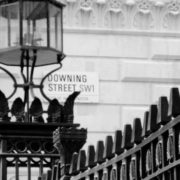
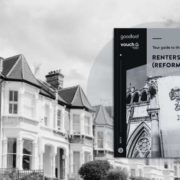


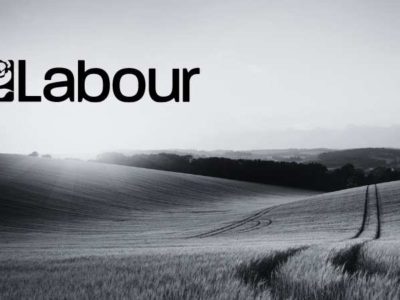



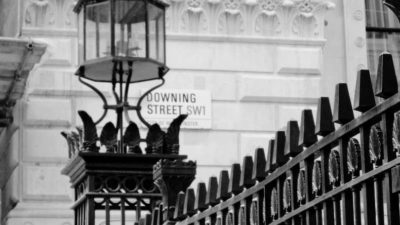
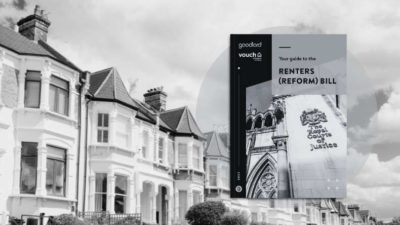







The property investment models are changing maturity is returning to a market that was pushed by a few as a panacea to money-making … those hosted property Millionaire Shows a hype to flog Modern flats and schemes…sales pater and easily influenced often hard-working folk provoked by timeshare sales tactics to invest.
The reality is bricks and Mortar needs looked after and occupied-there are costs to own and responsibilities. Often misunderstood is the common liability for repairs to the building, many quite old especially roofs and rainwater goods, History lessons show that rent controls are not good for property investment, there are signs once again of controls being a political football. In Scotland, many residential landlords are disappointed at the loss of 6-12 months Short assured Tenancies, replaced by agreements that allow tenants to give 28 days Notice to quit..leaving Voids and some costs behind. Abuse of this witnessed when during the Summer months -tenants taking on what appears a longer commitment but actually it’s a Holiday, in for a day then serve notice-!